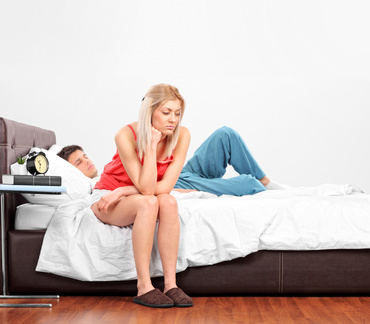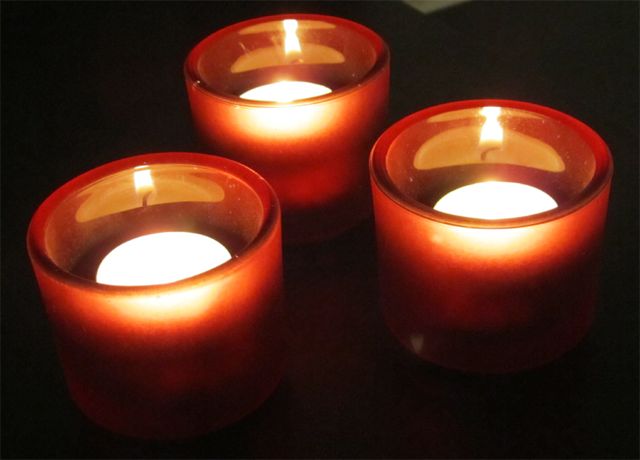Category: Seasonal Affective Disorder
-

Sleepless in Summer: 6 Steps to Better Sleep in Sweden
What can I do to improve my sleep?What are the steps to better sleep? Is it normal to have trouble sleeping in the summer in Sweden? ? Insomnia or having trouble sleeping is not just a summer problem for expats in Sweden. Concerns about getting better sleep extend to native Swedes and across the year.…
-

Life Coaching in English to Turn Your (Swedish) Life Around
Not adjusting to life in Sweden? Worried about your mental health? Can’t concentrate and think you have ADD or ADHD? Struggling with the winter? Don’t let the darkness, Snökaos (snow chaos) or winter blues drive you to depression. Whether you choose to do it in-person or by webcam, you might just need a few sessions…
-

Therapy for Winter Depression or Seasonal Affective Disorder (SAD) in Stockholm
Depression? Seasonal Affective Disorder? The cold and darkness of Sweden at the end of the year is one of the hardest issues for expats. For those of us from relatively warm countries (take note Aussies and South Africans) and others who have never lived this far north, the Swedish climate can be a real shock.…
